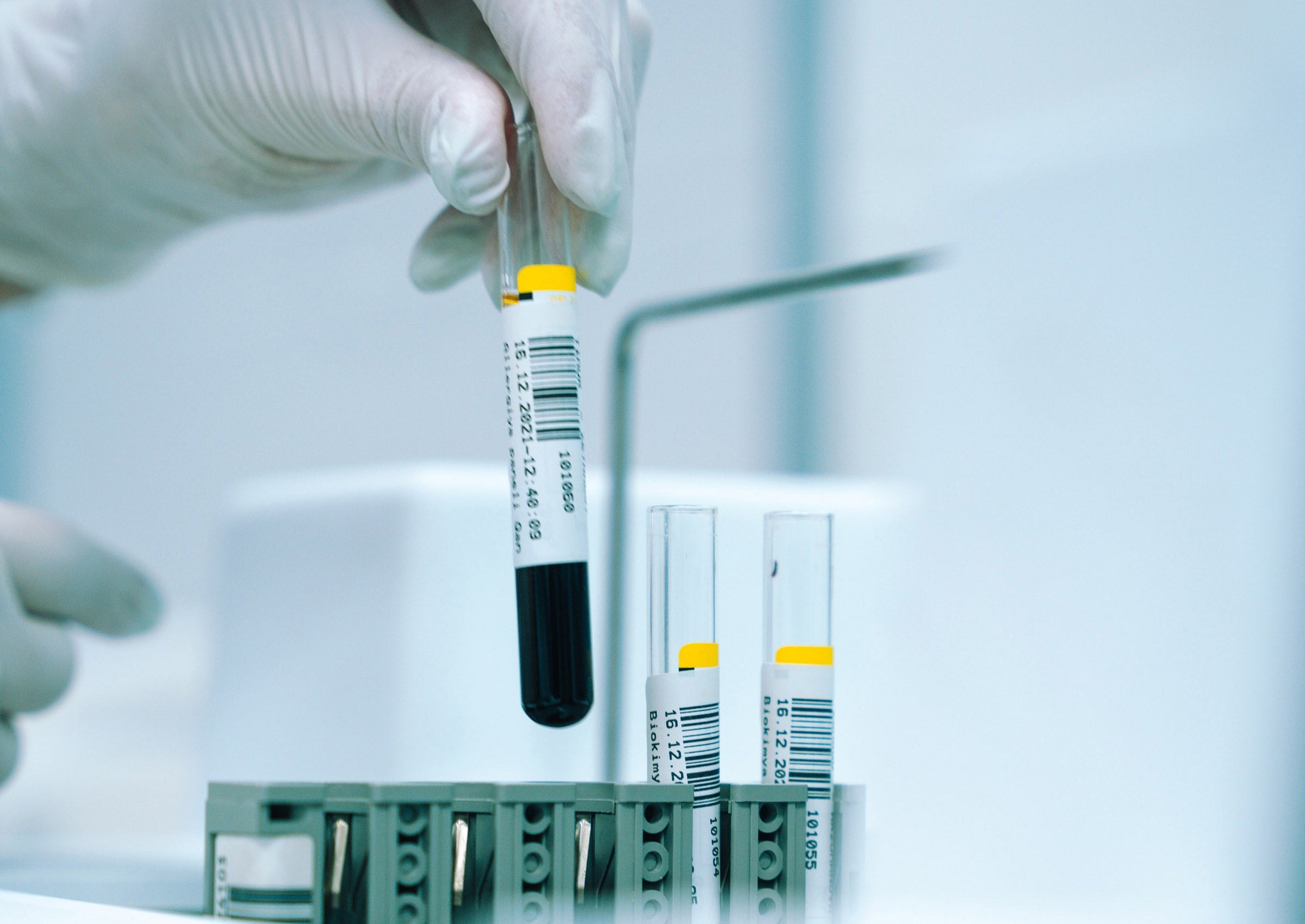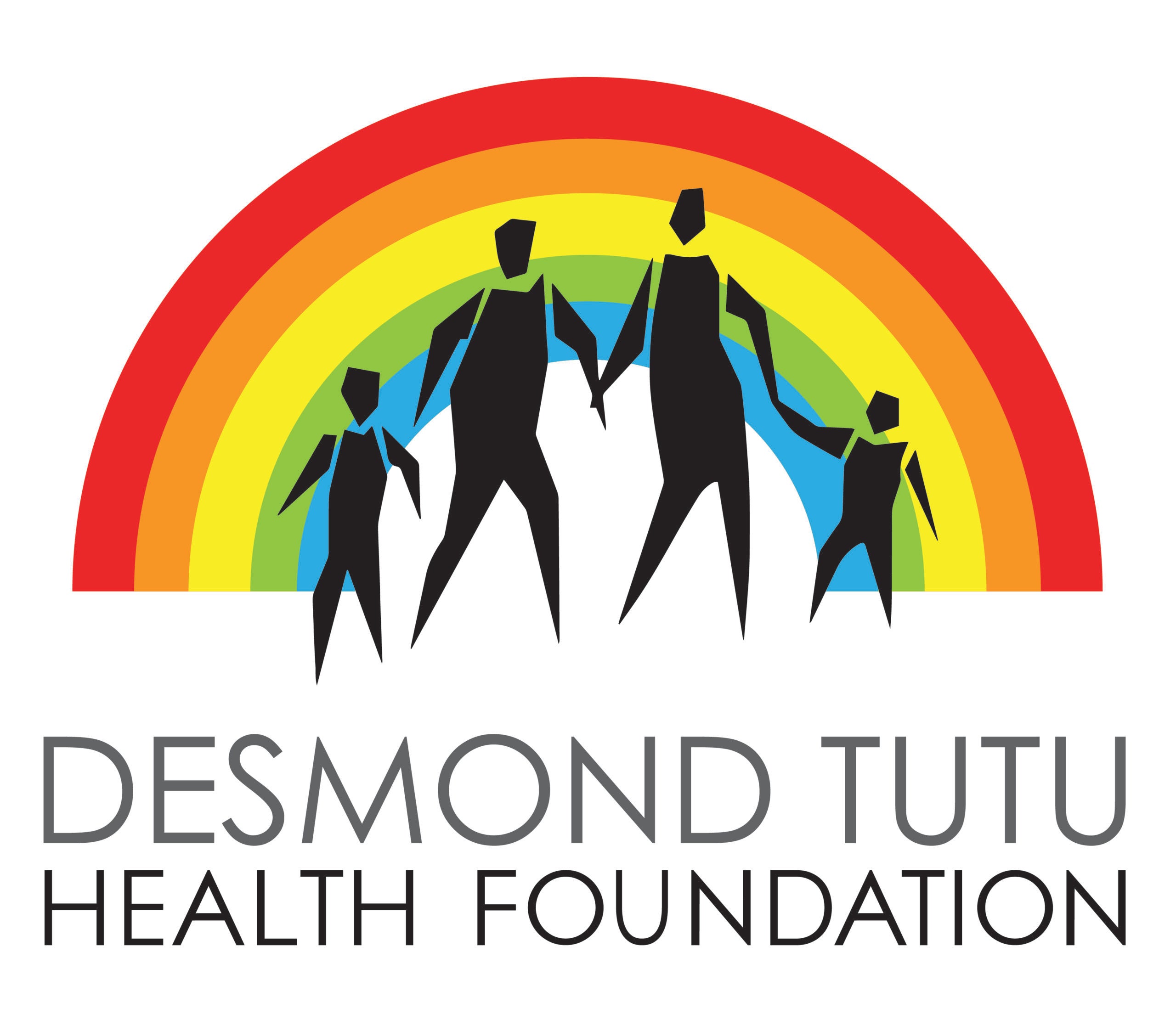Increasing HIV Testing

Issue
One of the United Nations’ goals to end the HIV epidemic is for 95% of people living with HIV to know their HIV status by 2025. How can we help people get tested for HIV so they know their status?
Results
In a series of studies conducted in collaboration with an NGO in Kenya, CHIBE Associate Director Harsha Thirumurthy, PhD, and colleagues examined an innovative approach to increasing the coverage of HIV testing, particularly among people at high risk of HIV infection. They looked at promoting male partner HIV testing through secondary distribution of self-tests by HIV-negative women. They tested this approach in antenatal and postpartum clinics and among female sex workers and found that it was very effective in increasing male partner and couples testing. They found 91% of participants in antenatal care, 86% of those in postpartum care, and 75% of female sex workers distributed self-tests to partners. In addition, couples testing occurred in 51% of those in antenatal care, 68% in postpartum care, and 83% among female sex workers. Based on their study findings, a number of organizations adopted this secondary distribution approach and the WHO recommended that countries should include it in their efforts to promote HIV testing.
In partnership with researchers from the Desmond Tutu Health Foundation (DTHF) in South Africa, CHIBE’s Scientific Director Dr. Alison Buttenheim and Associate Director Dr. Harsha Thirumurthy designed and trialed a “U=U” (Undetectable = Untransmittable) intervention to encourage HIV testing among men in South Africa. U=U messaging applies behavioral insights to amplify the benefits and effectiveness of HIV treatment; in this study, the U=U message nearly doubled the proportion of men who responded to an invitation to take an HIV test. Based on these results and others, the Eastern Cape province of South Africa announced a public information campaign to raise awareness of U=U and to encourage individuals to engage in HIV testing and treatment.
Impact Partners
